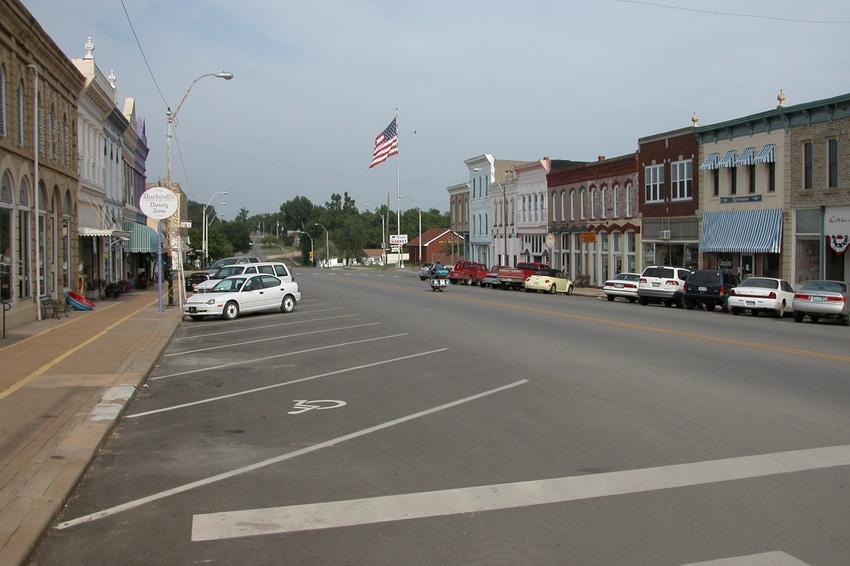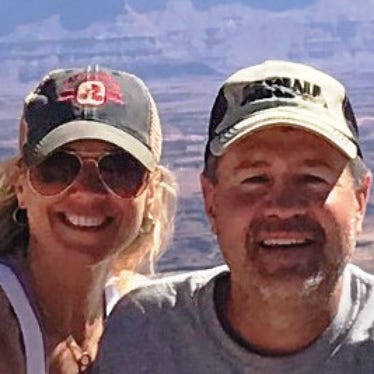
Many of the communities I work with around the state of Missouri have some of the same issues: Failing infrastructure in all their water and wastewater systems, plus old buildings, declining population and no tax base.
Most rely on USDA loans and grants to finance costly improvements to the very things that enable them to function as a community. Many of the communities have infrastructure costs far in excess of their population and tax base, which puts more strain on the ability to fund and maintain such systems. Its seems no matter what part of the state I travel to, it’s a very similar scene.
What has caused the demise of these small communities?
Most of the small communities around the country were built on the economics of agriculture. As an example, my home town had a store that not only sold groceries, but feed for the numerous small hog and chicken operations and parts for equipment on the farm. Many small dairies were scattered across the state. The farm supply store sold fertilizer, chemicals and had a seed cleaning operation for those saving beans and wheat seed. There were at least 10 livestock auctions within 50 miles of my home and most counties had a yearly sale sponsored by the Livestock Producers' Association.
Today, hog operations are a thing of the past and crop farms have gotten bigger and bigger. Many livestock auctions have closed or changed their operations to serve specialty animals. Very few dairies exist and those that do have struggled mightily in the past year.
Therefore, one cause for the problems of rural community is a decreasing agricultural tax base.
I am not against big, efficient operations in any industry. I am not against large hog production systems or big dairies. If a farmer can efficiently farm 10,000 acres, I feel it is a good thing. What I want to see is a more level playing field.
Agriculture is one of the most heavily subsidized industries in the US, and has been for my entire life. I have seen many changes in the farm programs during my life, none of which are good for the producer, the consumer or small communities in the long term. Further, big operations have historically been some of the heaviest users of farm "support" programs.
We can look to the huge operations in all sectors of agriculture and say they exist because of efficiency and economies of scale, but would we see the trend to hugeness without the government involvement?
What if operations were allowed to fail if prices were to low, yields were off, or disasters happened? What if there weren’t programs to prop up ethanol, which creates a market for corn. What if there were no subsidized crop insurance? How would that affect land prices and land use patterns, such as grassland versus farmland? Would we see the huge row-crop operations or confined hog and dairy operations? I suspect operations would be much more efficient and look more like they did 75 years ago without these subsidies.
I also think we would see small communities thriving with robust farm economies and towns with good infrastructure and tax base to support these communities.
It's possible we are seeing a revitalization of some of these small-scale ag communities through market forces, all of which are consumer driven. Farmers markets are becoming more popular and small-scale hog and chicken operations are growing. Many are these are profitable against the odds of higher costs of operations, and a great many sell their products direct to consumers.
Personally, I think the best thing we could do to bring small communities all across the US back from the brink of death is to get rid of all agricultural programs. These distort economies greatly and over long periods of time, as we are still seeing with land prices and farm profitability in the Corn Belt as a result of the ethanol program. Without such interference, farmers and ranchers can be some of the most resilient people in the country and I cannot help but believe they would be the better off without it.
About the Author(s)
You May Also Like






